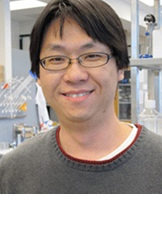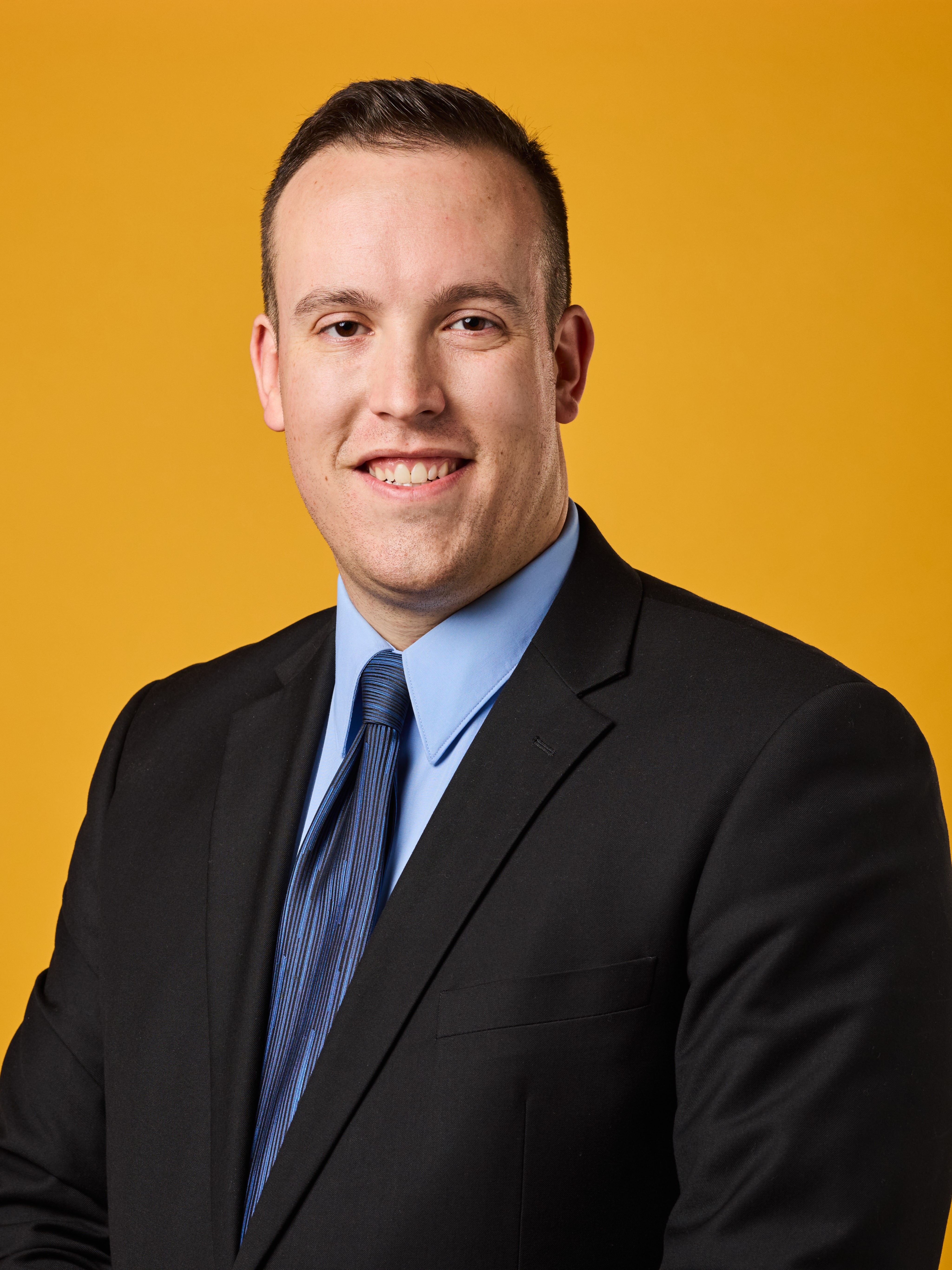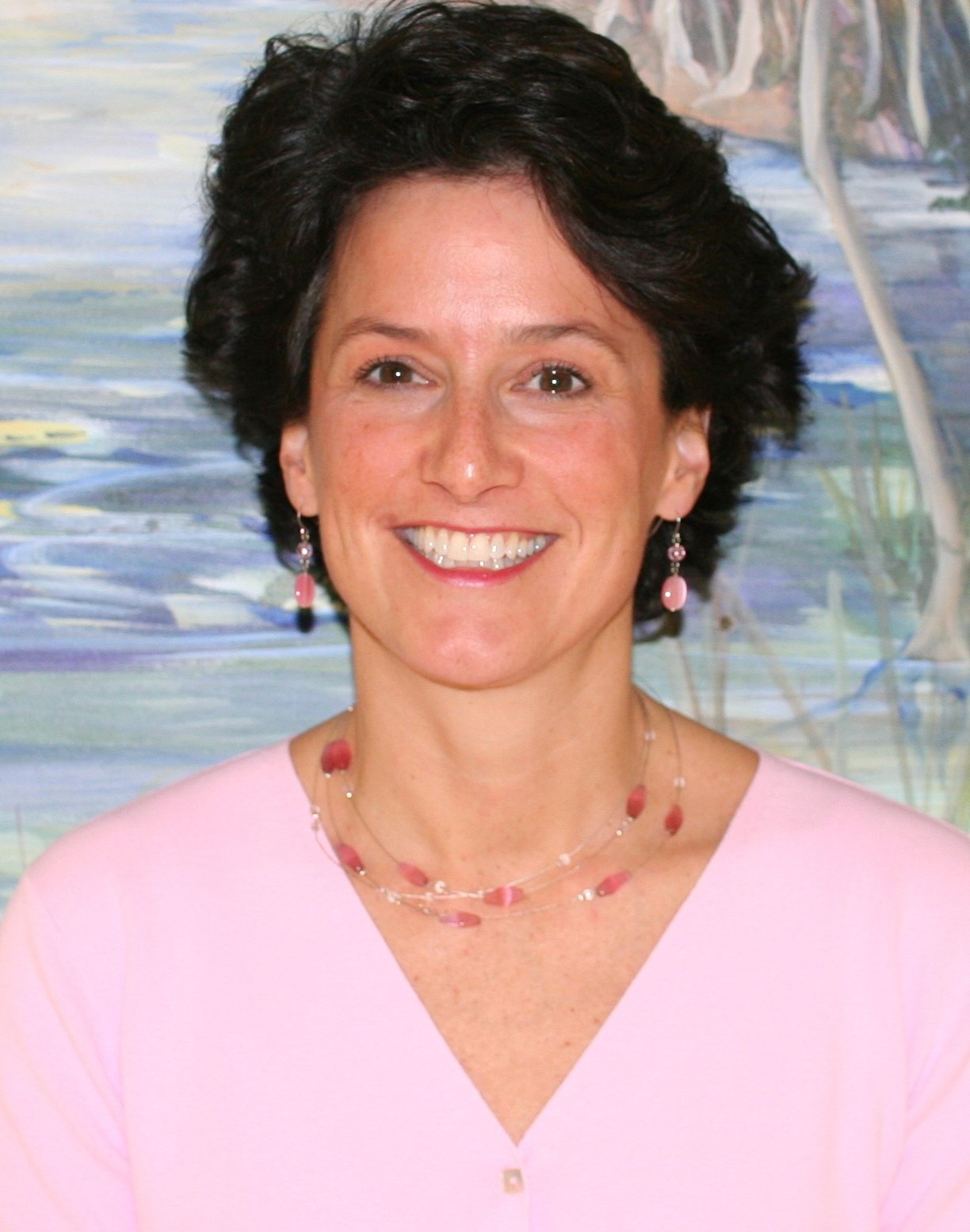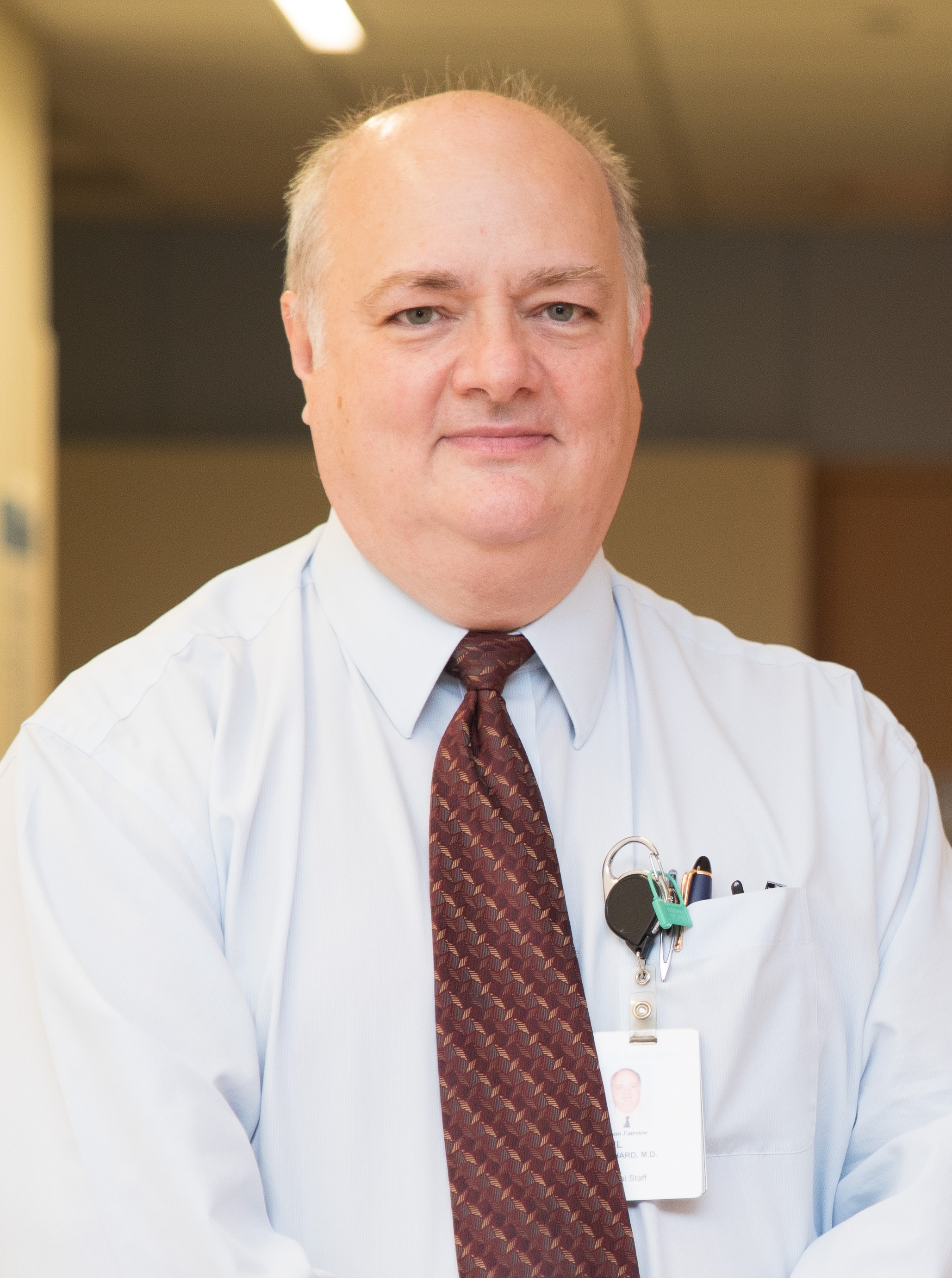Faculty
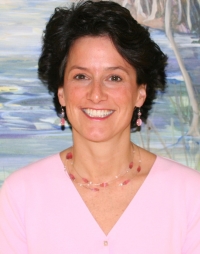
Director, Division of Pediatric Blood and Marrow Transplantation & Cellular Therapy
Margaret MacMillan, MD
Professor
612-626-2961
macmi002@umn.edu

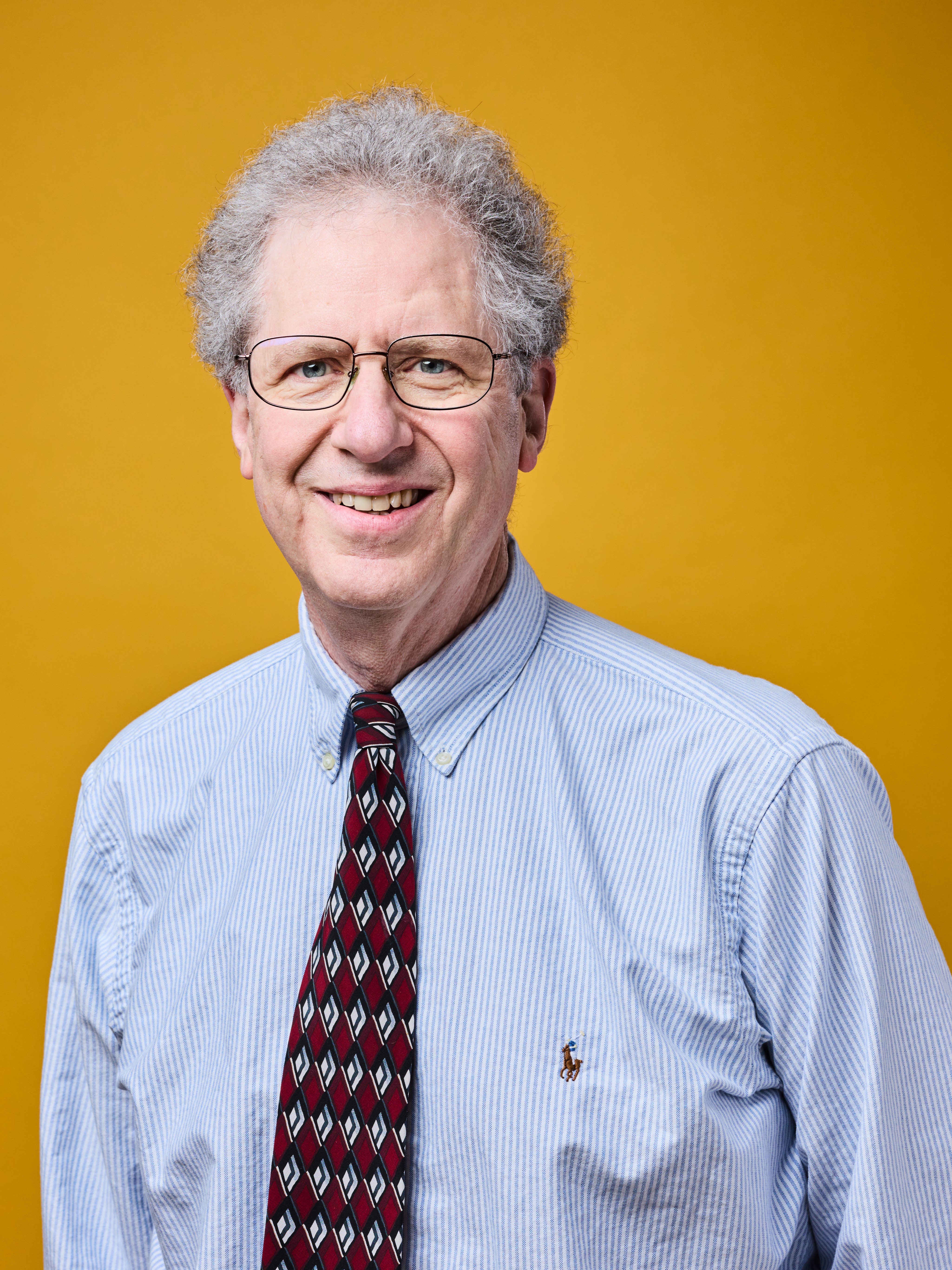
Bio
Dr. Blazar is a Regents Professor of Pediatrics in the Division of Blood and Marrow Transplant & Cellular Therapy and attends on the Pediatric Blood and Marrow Transplantation (BMT) service. Dr. Blazar is the recipient of the Children’s Cancer Research Fund Land Grant Chair in Pediatric Oncology to recognize his pioneering work in the development of novel immune-based therapies. He is the Founding Director of the Clinical and Translational Sciences Institute and the Founding Director of the Center for Translational Medicine.
Dr. Blazar received his MD from Albany Medical College. He completed a residency in Pediatrics and a fellowship in hematology/oncology and bone marrow transplantation at the University of Minnesota. Dr. Blazar joined the University of Minnesota faculty in 1985. He is board certified in Pediatrics and Hematology/Oncology.
Dr. Blazar is the recipient of National Institutes of Health (NIH) MERIT Awards from the National Heart, Lung, and Blood Institute as well as the National Institute of Allergy and Infectious Diseases. He is the Principal Investigator of the UMN Clinical and Translational Sciences Award (U54), NIH funded R01 grants, P01 Projects, a U19 grant subcontract and Leukemia and Lymphoma Translational Research grants focusing on BMT immunological studies. Dr. Blazar is the author of more than 725 manuscripts, which have appeared in premier peer-reviewed publications.
Research Summary
1. Graft-versus-host disease (GVHD) . GVHD is a multi-organ system disorder in which donor T cells recognize host alloantigens present on antigen-presenting cells and tissues in the context of an inflammatory response. Studies are directed toward identifying and modifying signals that drive or inhibit acute and chronic GVHD generation. These include the analysis of positive costimulatory molecules and negative regulators of the immune response that counterbalance positive costimulation as well as intracellular signaling and metabolic pathways that regulate these responses at the level of the GVHD target organ. We are examining cell-based therapies such as regulatory T cells (see below) in mice and in patients and myeloid-derived suppressor cells (see below). We have also used a newly developed model of chronic GVHD that results from T:B cooperativity, leading to alloantibody and subsequently, collagen deposition, culminating in multi-organ system injury and pulmonary and liver fibrosis. We have tested drugs and cell populations that affect this interaction, many of which have been brought into the clinic, one of which has received FDA approval. For approaches that reduce acute or chronic GVHD in mice, we are assessing their immune competency to malignant cells (to assess graft-versus-leukemia, GVL) and to pathogens.
2. Regulatory cells. A) regulatory T cells (Treg) . Using phosphoproteomics, metabolomics, micro-RNA/mRNA binding partners and flow cytometry, we have identified pathways that can be targeted to upregulate Treg potency in mice and humans. Proof-of-principle has been demonstrated in allogeneic and xenogeneic mouse models . Other studies are focused on genome engineering approaches that should optimize GVHD and autoimmune disease treatment. Knockout, transgenic and conditional inducible strains of mice are utilized along with 2-photon microscopy to identify mechanisms of in vivo suppression. B) Myeloid-derived suppressor cells (MDSC). We have developed techniques to differentiation and active MDSCs from normal hematopoietic sources in mice and humans. Our studies have shown in murine allogeneic GVHD systems that inflammasome activation converts MDSCs into immune stimulatory cells. Knockout of inflammasome components or inflammasome inducers have ameliorated this loss of function. Ongoing studies are examining the production of human MDSCs from inducible pluriopotent stem cells, with or without genome engineering approaches, for mechanistic purposes and potential future clinical trials.
3. T cell generation from induced pluripotent stem cells (IPSCs). In order to understand the optimal requirements for T cell anti-cancer or anti-pathogen responses, we have focused on reprogramming various human cell populations into thymic progenitor cells and mature T cells. Transcriptomics and epigenetics are investigated. Genome modification of IPSCs readily induces chimeric antigen receptor (CAR) expression that directs T cells to lymphoma cells. Using a model that incorporates a CAR used in the clinic for treating B cell malignancies and a transgenic strain that expresses human B cell antigens, cytokine release syndrome and neurotoxicity have been shown. Studies are being examined to explore different approaches to mitigate these side-effects.
Clinical Summary
Pediatric hematology/oncology
Bone marrow transplant
Graft-versus-host disease
Graft-versus-leukemia
Tumor immunotherapy
Education
Fellowships, Residencies, and Visiting Engagements
Licensures and Certifications
Honors and Recognition
Contact
Address
Pediatric Blood and Marrow Transplantation & Cellular TherapyMayo Mail Code 366
420 Delaware Street SE
Minneapolis, MN 55455
Administrative Contact
Colette Brosko
Administrative Phone: 612-624-7920
Administrative Email: cbrosko@umn.edu
Administrative Fax Number: 612-624-3913
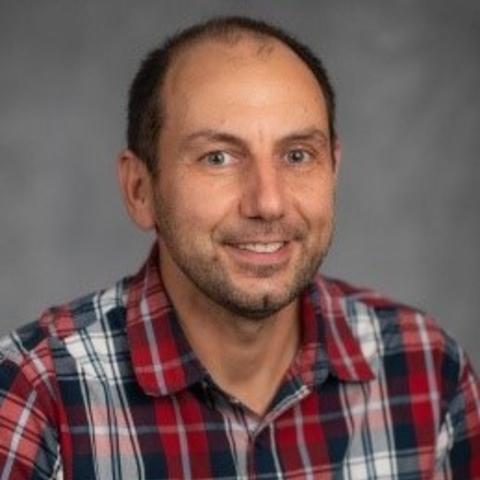
Bio
Dr. Darko Bosnakovski is an Assistant Professor in the Department of Pediatrics, Division of Blood and Marrow Transplantation & Cellular Therapy. His long-running research interest is in tissue regeneration and understanding the molecular mechanism of FSHD and sarcomas.
Dr. Bosnakovski received his DVM from Ss. Cyril and Methodius University in Skopje, N. Macedonia, and his PhD from Hokkaido University, Japan. He completed his postdoctoral training at UT Southwestern Medical Center, USA.
Education
Fellowships, Residencies, and Visiting Engagements
Honors and Recognition
Contact
Address
Office AddressLillehei Heart Institute CCRB 4-134
2231 6th St SE
Minneapolis, MN 55455
Lab Address
CCRB 4-240 BENCH 76
Administrative Contact
Sarah Jutila Peterson
Administrative Phone: 612-626-2920
Administrative Email: juti0009@umn.edu
Administrative Fax Number: 612-626-4074

Education
Fellowships, Residencies, and Visiting Engagements
Licensures and Certifications
Contact
Address
Pediatric Blood and Marrow Transplantation & Cellular TherapyMayo Mail Code 366
420 Delaware Street SE
Minneapolis, MN 55455
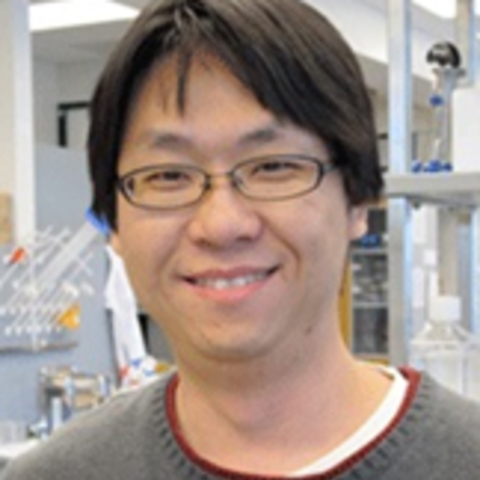
Bio
Dr. Sunny Chan is an Assistant Professor in the Department of Pediatrics, Division of Blood and Marrow Transplant & Cellular Therapy. Dr. Chan received his BSc in Pharmacology (1998) and BASc in Computer Engineering (2001) from the University of British Columbia, Canada, and PhD in Pharmacology from the Chinese University of Hong Kong in 2005. He did his postdoctoral fellowship at the National Cheng Kung University, Taiwan, and at the University of Minnesota in the laboratory of Dr. Michael Kyba. Dr. Chan joined the faculty of the University of Minnesota in 2015.
Research Summary
Dr. Chan’s research focuses on regenerative medicine for muscular dystrophies using cardiac and skeletal myogenic progenitors derived from pluripotent stem cells. He is developing methods to model cardiopharyngeal mesoderm, a cell population that forms second heart field and head muscle cells. The goal is to produce cell types appropriate for studying the physiology of muscular dystrophies specific to second heart field and head muscles in vitro and for developing cellular therapy targeting these diseases in vivo.
Education
Honors and Recognition
Contact
Address
Pediatric Blood and Marrow Transplantation & Cellular TherapyMayo Mail Code 366
420 Delaware Street SE
Minneapolis, MN 55455
Administrative Contact
Elizabeth Soderberg
Administrative Phone: 612-625-8319
Administrative Email: soder348@umn.edu
Administrative Fax Number: 612-626-4074

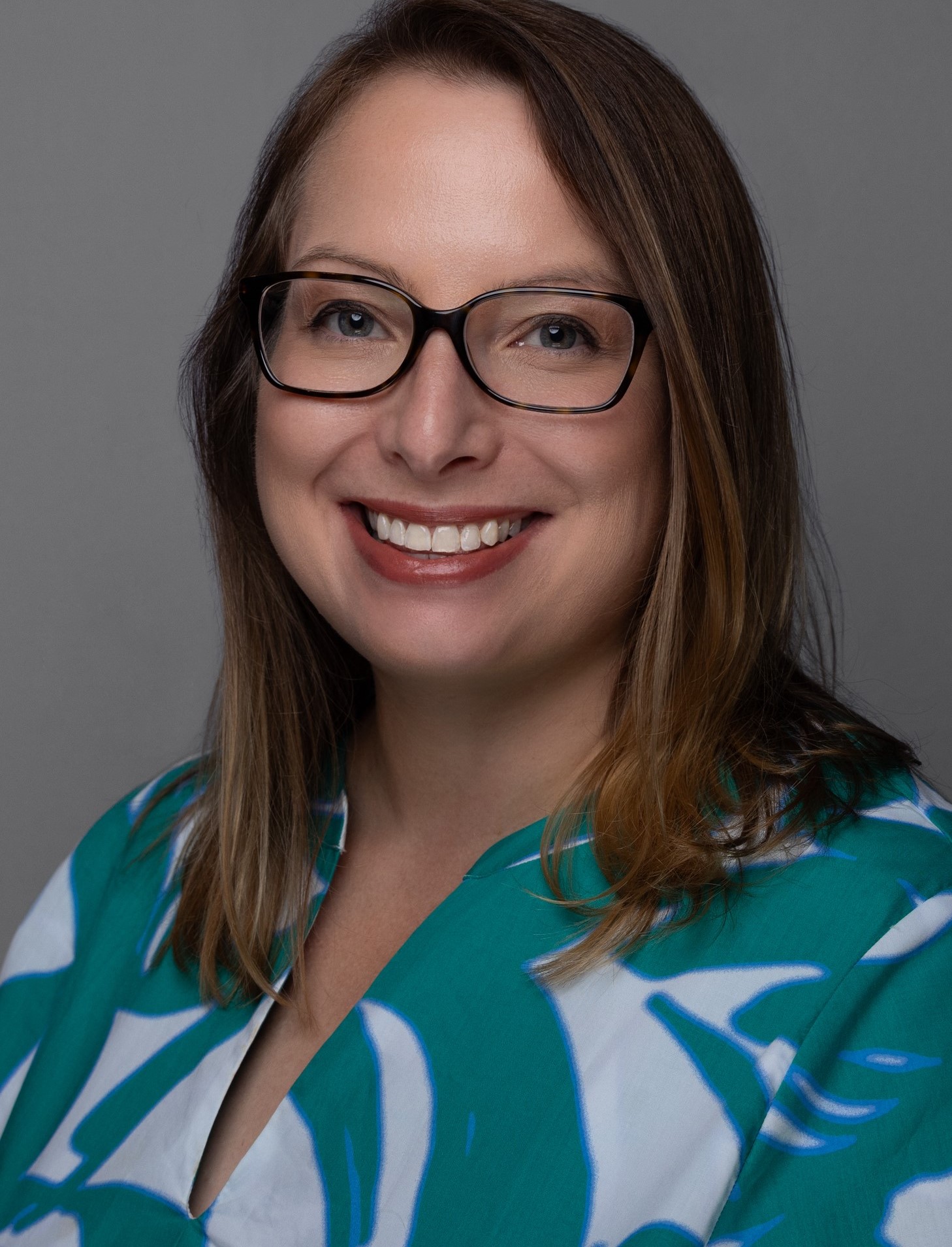
Bio
Dr. Ebens joined the Department of Pediatrics in July 2015 as an Assistant Professor in the Division of Blood and Marrow Transplant & Cellular Therapy. She received her medical degree in 2006 from the University of Illinois College of Medicine in Chicago and an MPH with a focus on epidemiology and biostatistics from Johns Hopkins Bloomberg School of Public Health in 2007. She completed her Pediatric residency training at Cincinnati Children's Hospital Medical Center in 2010 followed by a fellowship in Pediatric Hematology/Oncology at the University of Michigan C.S. Mott Children's Hospital in 2013. Dr. Ebens remained for an additional year at the University of Michigan for training in Immuno-hematology supported by Vidara Therapeutics. She subsequently completed a Pediatric Blood and Marrow Transplantation fellowship at the University of Minnesota in 2015.
Research Summary
Dr. Ebens's clinical and research interests include hematopoietic cell transplantation for non-malignant disorders including autoimmune diseases, primary immunodeficiency disorders and epidermolysis bullosa, and development of adoptive immunotherapeutics. She currently practices at the M Health Fairview Masonic Children's Hospital on the inpatient Pediatric Blood and Marrow Transplantation unit and outpatient in the Journey clinic – Center for Pediatric Blood and Marrow Transplantation.
Clinical Summary
Clinical Interests: Pediatric Blood and Marrow Transplantation
Clinics: Journey Clinic - Center for Pediatric Blood and Marrow Transplantation
Education
Fellowships, Residencies, and Visiting Engagements
Licensures and Certifications
Honors and Recognition
Contact
Address
Pediatric Blood and Marrow Transplantation & Cellular TherapyMayo Mail Code 366
420 Delaware Street SE
Minneapolis, MN 55455
Administrative Contact
Elizabeth Soderberg
Administrative Phone: 612-625-8319
Administrative Email: soder348@umn.edu
Administrative Fax Number: 612-626-4074

Bio
Dr. Gupta's primary interest focuses on early detection and developing effective cell and gene therapy interventions for children with inherited metabolic diseases. Current treatment strategies for these children include use of hematopoietic stem cell transplant as a means to either deliver enzyme as in lysosomal storage disorders or modify an uninhibited immune response as in cerebral adrenoleukodystrophy (ALD). He is also investigating autoimmune response of the host post hematopoietic stem cell transplant and ways to improve conditioning regimen and immune prophylaxis to control this effect, especially in children with inherited metabolic disorders. Additional research conducted by Dr. Gupta focuses on developing a registry and bio-specimen bank for patients with inherited metabolic diseases.
Education
Fellowships, Residencies, and Visiting Engagements
Licensures and Certifications
Honors and Recognition
Contact
Address
Pediatric Blood and Marrow Transplantation & Cellular TherapyMayo Mail Code 366
420 Delaware Street SE
Minneapolis, MN 55455
Administrative Contact
Janelle Willard
Administrative Phone: 612-626-2961
Administrative Email: traut001@umn.edu
Administrative Fax Number: 612-626-4074
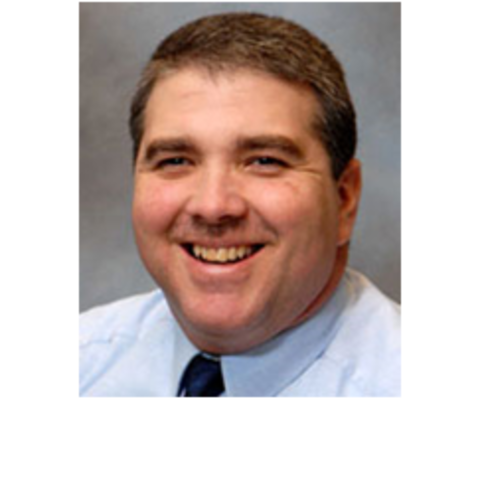
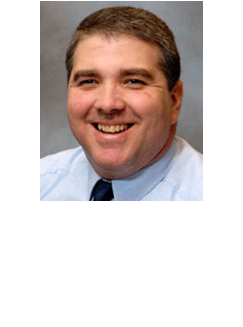
Bio
Dr. Hippen received his BS degree in Biochemistry from Iowa State University in 1990, and a PhD in Molecular, Cellular and Developmental Biology in 1993. Following postdoctoral positions with Dr. John Cambier at the National Jewish Center for Immunology and Respiratory Medicine and Dr. Timothy Behrens in the Department of Rheumatology here at the University of Minnesota, he joined Dr. Blazar's group in Pediatrics.
Dr. Hippen's research is focused on inhibiting Graft Versus Host Disease (GVHD), which is a frequent and severe complicating factor in bone marrow transplants. GVHD is a T cell mediated disease that arises in autoimmune fashion due to graft-derived immune cells recognizing recipient cells as non-self. Activation of autoreactive T cells (and those that induce GVHD) is normally prevented by a subset of T cells termed regulatory T cells (Treg). Transplant of donor Treg has been shown to ameliorate disease in mouse models of both GVHD and autoimmunity. Dr. Hippen's specific interest is defining the mechanisms that control human regulatory T cell proliferation and function with the goal of generating large numbers of very active cells that can be co-transferred at the time of bone marrow transplantation and reduce or completely abolish GVHD. These studies have led to 'first-in-man' studies using ex vivo expanded Treg that demonstrated these cells are safe, and can ameliorate GVHD in humans. Dr. Hippen's current projects include: defining Treg signaling pathways that enhance expansion and/or suppressive function and inducing suppressive function using in human T cells (not Treg) via TGFß, nutrient stress, or co-ligation of inhibitory molecules.
Education
Fellowships, Residencies, and Visiting Engagements
Contact
Address
Pediatric Blood and Marrow Transplantation & Cellular TherapyMayo Mail Code 366
420 Delaware Street SE
Minneapolis, MN 55455
Administrative Contact
Elizabeth Soderberg
Administrative Phone: 612-625-8319
Administrative Email: soder348@umn.edu
Administrative Fax Number: 612-626-4074

Bio
Dr. Hoover joined the Department of Pediatrics in July 2023 as an Assistant Professor in the Division of Blood and Marrow Transplant & Cellular Therapy. He received his medical degree in 2017 from the University of Iowa Carver College of Medicine in Iowa City and a Master’s of Science in Clinical Research from the University of Minnesota School of Public Health in 2023. He completed his residency training in Pediatrics at the University of Iowa Stead Family Children’s Hospital in 2020 followed by a fellowship in Pediatric Hematology/Oncology at the University of Minnesota Masonic Children's Hospital in 2023. Dr. Hoover’s clinical and research interests include the clinical use of cellular therapies and hematopoietic cell transplantation in the treatment of hematologic malignancies, including high risk, relapsed and refractory leukemias and lymphomas.
Education
Fellowships, Residencies, and Visiting Engagements
Licensures and Certifications
Selected Publications
Contact
Address
Pediatric Blood and Marrow Transplantation & Cellular TherapyMayo Mail Code 366
420 Delaware Street SE
Minneapolis, MN 55455
Administrative Contact
Elizabeth Soderberg
Administrative Phone: 612-625-8319
Administrative Email: soder348@umn.edu


Bio
Dr. Kyba is a Professor of Pediatrics and Carrie Ramey / CCRF Endowed Professor in Pediatric Cancer Research in the Department of Pediatrics' Division of Blood and Marrow Transplant & Cellular Therapy. He is also an Endowed Scholar of the Lillehei Heart Institute, and an affiliate member of the Stem Cell Institute.
Dr. Kyba received his PhD degree from the University of British Columbia in 1998, and completed a postdoctoral fellowship in stem cell biology at the Whitehead Institute at MIT, Cambridge, MA in 2003. From 2003-2008, he was Assistant Professor of Developmental Biology at the University of Texas Southwestern Medical Center at Dallas, TX. He joined the faculty at the University of Minnesota in July 2008.
Dr. Kyba has published over 100 research manuscripts in scientific journals, including: Cell, Science, and Nature Medicine.
Research Summary
Dr. Kyba's research laboratory focuses on regulation of tissue-specific stem cells (hematopoietic and skeletal muscle) with a view towards ex-vivo expansion and therapeutic transplantation, as well as the derivation of tissue-specific stem cells from embryonic or iPS cells. He is also developing methods of performing BMT without irradiation or chemical conditioning. He has performed seminal experiments establishing the proof of principle for hematopoietic stem cell repopulation using embryonic stem cells and maintains an active program in the development of gene-targeting / genetic correction / cell therapy models.
Deriving therapeutic hematopoietic stem cells from embryonic stem cells.
ES cells are totipotent and capable of recapitulating all of the developmental events of embryogenesis. They are therefore theoretically the ideal source of cells for regenerative therapies. However, turning theory into practice is not straightforward, and very few successful models of such therapy exist. We have developed one successful model, based on regulated expression of members of the Hox family of transcription factors. Current work is focused on understanding how Hox genes regulate hematopoietic stem cell self-renewal and identifying regulatory circuits under Hox control.
Skeletal muscle stem cells and FSH muscular dystrophy
Certain degenerative diseases may be the result of ineffective self-renewal or differentiation of lineage specific stem cells. We are particularly interested in Fascioscapulohumeral Muscular Dystrophy (FSHD), a dominant dystrophy associated with a contraction of 4q subtelomeric repeats. Although the condition is almost certainly caused by derepression of a gene in the vicinity of 4q, the protein products of candidate genes in this area can not be detected overexpressed in patient muscle samples. Because muscle stem cells (satellite cells) are rare, proteins overexpressed specifically in satellite cells are unlikely to be identified in patient biopsies. We are testing the hypothesis that a Hox gene embedded within the 4q repeats, DUX4, causes FSHD when derepressed in muscle satellite cells.
Stem cell biology
Our long-term goal is to understand the pathways that control self-renewal vs differentiation of stem cells and to use this knowledge to understand degenerative diseases and to design and improve cell therapies. Our work is interdisciplinary, spanning iPS cell-based and animal models involving transplantation and tracking of somatic stem cells, vector development, CRISPR and TALEN-mediated genome editing, and cell-based screening and medicinal chemistry.
Education
Fellowships, Residencies, and Visiting Engagements
Honors and Recognition
Contact
Address
Pediatric Blood and Marrow Transplantation & Cellular TherapyMayo Mail Code 366
420 Delaware Street SE
Minneapolis, MN 55455
Administrative Contact
Elizabeth Soderberg
Administrative Phone: 612-625-8319
Administrative Email: soder348@umn.edu
Administrative Fax Number: 612-626-4074

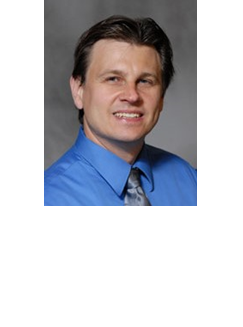
Bio
Dr. Lund is interested in the use of hematopoietic stem cell transplantation (HSCT) primarily for patients with inherited metabolic disorders, like Adrenoleukodystrophy (ALD), Hurler syndrome (MPS-1H), Hunter syndrome, Metachromatic Leukodystrophy, and others. He studies the onset of disease, biomarkers of disease, mechanism of disease, and how HSCT improves the disease process. His work both in his research laboratory and with his patients has created many new approaches to treatment, which will ultimately make HSCT safer and more effective.
"Yes, we're saving lives. But that's not enough. I want to improve the quality of life for these kids, and that's where I'm focusing my energy."
Research Summary
Dr. Lund's research focuses improving the outcomes for all patients undergoing blood and marrow transplantation by increasing the speed at which hematopoietic stem cells reconstitute the immune system after transplant. He also works to increase our understanding the pathophysiological processes underlying inherited metabolic diseases. One area Dr. Lund is exploring is how an autoimmune reaction may trigger the cerebral form of adrenoleukodystrophy (cALD), the most serious form of ALD. This study represents the largest screening for immune-reactivity in cALD ever performed, and further research could help identify ALD patients with immune-reactivity prior to the onset of cALD.
Clinical Summary
Clinical Interests
Adrenoleukodystrophy; Bone marrow transplant; Hurler syndrome; Peripheral blood stem cell transplant; Umbilical cord blood transplant
Education
Fellowships, Residencies, and Visiting Engagements
Licensures and Certifications
Honors and Recognition
Media Appearances
Selected Publications
Selected Presentations
Contact
Address
Pediatric Blood and Marrow Transplantation & Cellular TherapyMayo Mail Code 366
420 Delaware Street SE
Minneapolis, MN 55455
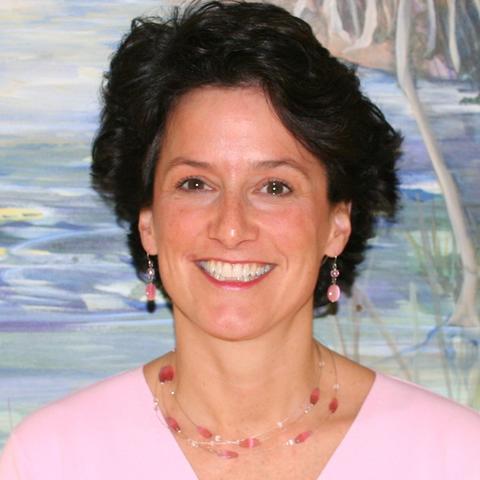
Bio
Dr. MacMillan is Professor in Pediatrics in the Division of Blood and Marrow Transplant & Cellular Therapy at the University of Minnesota. Dr. MacMillan received her MSc and MD from the University of Toronto in 1991. She completed residency in Pediatrics and a fellowship in Pediatric Hematology and Oncology at the Hospital for Sick Children at the University of Toronto in 1997. She then completed a fellowship in Pediatric Blood and Marrow Transplantation at the University of Minnesota and joined the faculty in 1999.
Dr. MacMillan's clinical focus is allogeneic hematopoietic cell transplantation for children with malignant and non-malignant diseases, especially Fanconi anemia. Dr. MacMillan is Director of the Kidz1stFund Comprehensive Fanconi Anemia Center at the University of Minnesota, which funds innovative cellular and gene therapy research for Fanconi anemia. Her research interests also include graft-versus-host disease (GVHD), especially the development and implementation of novel strategies to prevent and treat acute GVHD, and the optimization of acute GVHD clinical trial design by determining GVHD risk and best trial endpoints.
Dr. MacMillan holds 3 INDs for cellular therapy and has an excellent understanding of the regulatory requirements of translational research. She has authored more than 150 peer-reviewed manuscripts and book chapters and is a member of numerous professional societies.
Research Summary
1. Acute Graft-Versus-Host Disease: T regulatory cells to prevent GVHD & Novel pharmacologic agents/ regimens
2. Fanconi anemia: Novel preparative therapies, Gene therapy - multipotent adult stem cell, & Mechanisms to speed immune recovery and reduce infection after transplantation
3. Juvenile Myelomonocytic Leukemia: Novel phase I agents & Novel preparative therapies
Clinical Summary
Clinical specialties: Blood and Marrow Transplantation, Fanconi Anemia, Juvenile Myelomonocytic Leukemia
Education
Fellowships, Residencies, and Visiting Engagements
Licensures and Certifications
Honors and Recognition
Contact
Address
Pediatric Blood and Marrow Transplantation & Cellular TherapyMayo Mail Code 366
420 Delaware Street SE
Minneapolis, MN 55455
Administrative Contact
Joyce Selle
Administrative Phone: 612-625-7117
Administrative Email: selle003@umn.edu
Administrative Fax Number: 612-626-4074
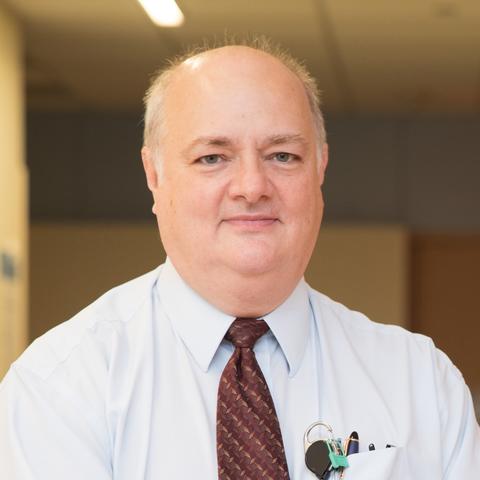
Bio
Dr. Paul Orchard is the Medical Director of the Inherited Metabolic and Storage Disease Program and a Professor in the Department of Pediatrics, Division of Blood and Marrow Transplant & Cellular Therapy. Dr. Orchard's focus is in the use of hematopoietic stem cell transplantation and other cell therapies for inherited metabolic disorders, with a special interest in the inherited leukodystrophies, the mucopolysaccharidoses and osteopetrosis. His clinical research is in evolving new and combination therapies to decrease toxicity and improve outcomes, with a particular interest in the use of gene therapy approaches.
Research Summary
Hematopoietic Cell Transplantation of Genetic Disorders Transplant related toxicity and graft failure Use of reduced intensity preparative regimens Risk factors affecting outcomes following transplantation
Osteopetrosis Biology and genetics of osteopetrosis Correlations of clinical and genetic parameters to outcome and prognosis Hematopoietic transplantation and other therapies
Gene Therapy T cell engineering with "suicide genes" for transplantation Infusions of mismatched T cells with following genetic manipulation Treatment of genetic and metabolic diseases with gene therapy
Development of Alternative Cellular Therapy Use of mesenchymal stem cells for genetic diseases Infusions of immunologically active cell populations
Clinical Summary
Bone marrow transplants to treat genetic diseases; Osteopetrosis; Inherited conditions
Education
Fellowships, Residencies, and Visiting Engagements
Licensures and Certifications
Honors and Recognition
Media Appearances
Selected Publications
Selected Presentations
Grants and Patents
Patents
Contact
Address
Pediatric Blood and Marrow Transplantation & Cellular TherapyMayo Mail Code 366
420 Delaware Street SE
Minneapolis, MN 55455
Administrative Contact
Janelle Willard
Administrative Phone: 612-626-2961
Administrative Email: traut001@umn.edu
Administrative Fax Number: 612-626-4074

